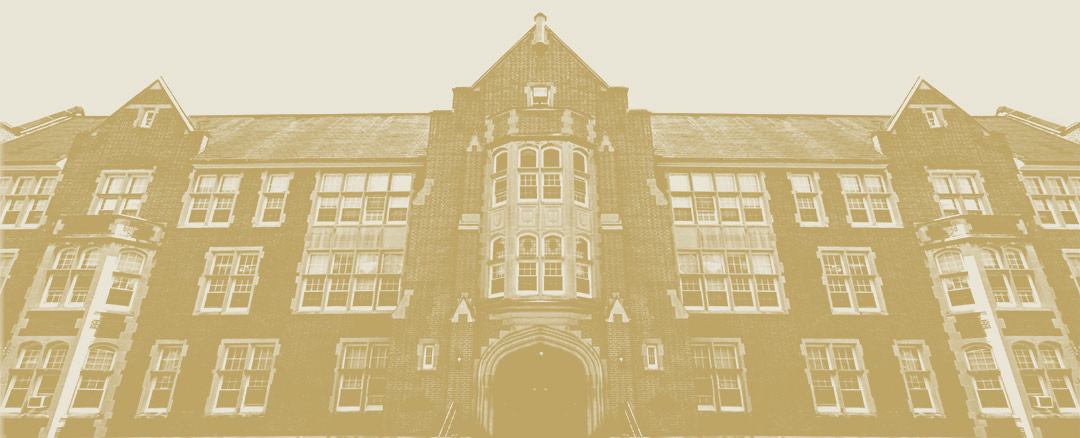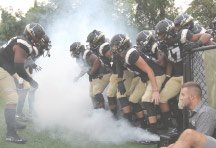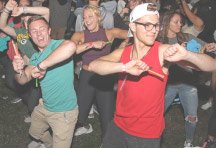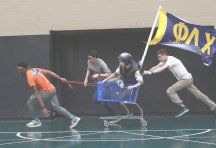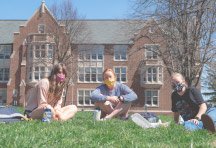The Next Great Learner-Centric University
|
The Next Great Learner-Centric University
|
See what makes Lindenwood University special. Experience the campus from the comfort of your own home.
View the full range of undergraduate and graduate programs.
Take your first step towards becoming a Lion today.
IN FINANCIAL AID DISTRIBUTED ANNUALLY TO EACH STUDENT, ON AVERAGE
STUDENT-TO-TEACHER RATIO
OF LINDENWOOD GRADUATES ARE EMPLOYED OR ENROLLED IN GRADUATE PROGRAMS WITHIN 6 MONTHS OF GRADUATION
OVER
STUDENT CLUBS AND ORGANIZATIONS
OVER
DEGREE PROGRAMS
|
STUDENTS FROM |
|
STATES AND OVER |
|
DIFFERENT COUNTRIES |
